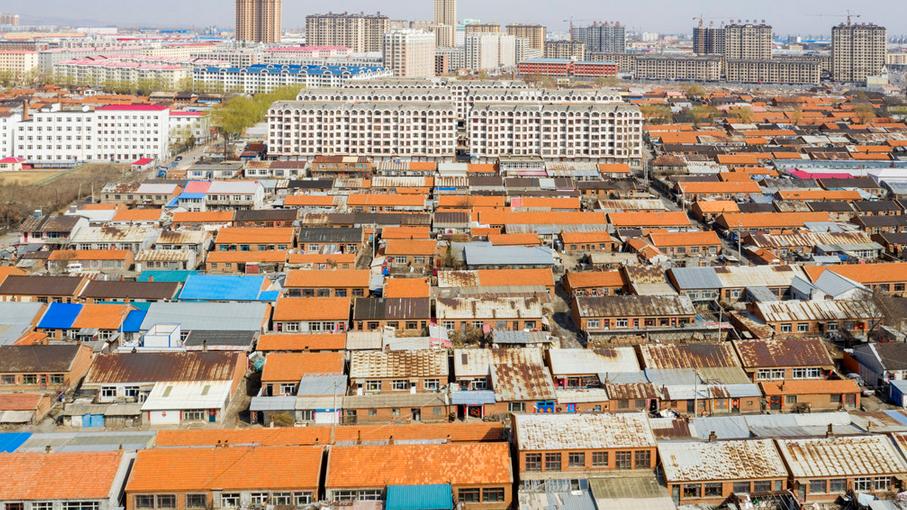In early April, China’s National Development and Reform Commission (NDRC, its top economic planner) announced a key tasks list for urbanization in 2019, including significantly relaxing the constraints on gaining an urban household register, or
hukou. But some experts argue for a more radical step – lifting
hukou restrictions once and for all and allowing free movement of the population.
Although a free-moving population is an indicator of progress, China has always adopted a “slow unleashing” approach to hukou reform and urbanization, wrote Feng Kui, researcher at the China Center for Urban Development, NDRC, for sike.news.cn.
The country first began removing population restrictions in small cities and towns in the 1980s. Today, officials aim to eliminate caps in larger cities, though controls of super-cities and megacities will remain in place.
While guaranteeing stable urban and rural reforms, this approach means large cities are not inclusive enough, he said. For example, the hukou system hinders the flow of labor, which does not give full play to its role in promoting economic growth.
Balancing these aspects is essential, and now is the time to assess the potentials of urbanization and the flow and distribution of urban and rural populations, he wrote.
And assessment could include two pairs of metrics. First is numbers and quality. The longer an excessive number of the population stays in villages, the longer it will take for China to modernize, Feng said. But quality should keep up, because when migrant workers cannot receive public services in the cities they work, urbanization is not complete.
The second pair is the amount of increase and stock. If the number of rural residents settling in cities does not increase by a certain amount every year, it will increase difficulties and costs of urban-rural management during China’s social transformation. If accommodation and employment for people settling in cities is not managed properly, they risk becoming a new poverty-stricken population.
Feng also suggested that non-public organizations, either enterprises or NGOs, contribute to more and better supply of public services and local governments be more assessed by quality of public services.

 Old Version
Old Version